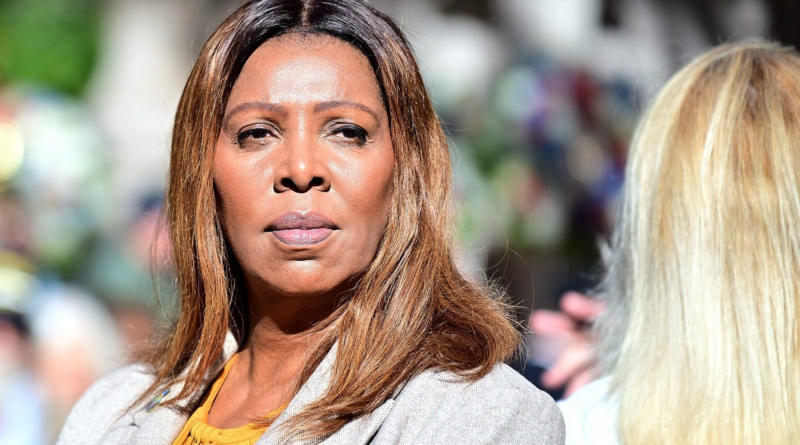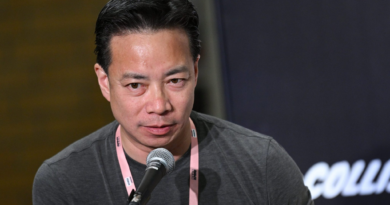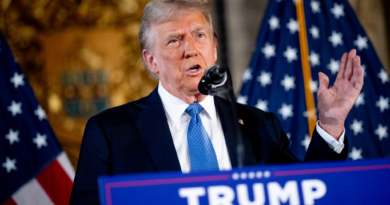Former SmileDirectClub customers might be eligible for a refund from $4.8 million recovered from shuttered company
New York Attorney General Letitia James has announced that her office recovered $4.8 million to distribute nationwide to more than 28,000 consumers. SmileDirectClub illegally charged those customers after it ceased operations, James said.
“Dental care is expensive and SmileDirectClub promised customers that they would provide affordable, quality care without the price tag, but instead, they extracted thousands of dollars from hardworking people,” James said in a prepared statement Monday. “Today, we are putting money back into people’s pockets who were cheated.”
SmileDirectClub, once a publicly traded company known for selling clear dental aligners, shut its doors in December 2023 — just months after filing for Chapter 11 bankruptcy protection. In an abrupt move, the company canceled outstanding orders and announced that its “Lifetime Smile Guarantee” would no longer exist. At the time, SmileDirectClub also said that “SmilePay” customers were expected to continue payments, causing confusion and frustration.
According to James’ announcement, the majority of customers paid for their aligner treatments through the “SmilePay” program, which generally totaled more than $2,500 between an up-front payment and following installments.
After the company folded in December 2023, James’ office said it received complaints from New York consumers who were told to keep paying monthly installments, despite no longer receiving treatment in return — and that it soon sent SmileDirectClub a cease-and-desist letter.
In response, SmileDirectClub directed her office to HPS Investment Partners, the agent of the company’s secured lenders, and SmilePay service provider Healthcare Finance Direct. The company also revised its online FAQ to remove the note about continuing payments, and instead direct customers’ further questions to HFD.
Monday’s settlement agreement means that impacted consumers should soon see some relief, either in the form of “a partial or full refund of their installment payments or a reduction of their future payment obligations,” according to HFD’s website.
If you’re eligible, the amount of money you’ll get will depend on several factors. Those include the date when you first received aligners from SmileDirectClub, if your services had begun yet, as well as how much of your treatment plan was completed at the time the company ceased operations, and the outstanding balances on your account.
And not all refunds will come in the form of a settlement check. Compensation will first be applied to the outstanding balance on your account — meaning that future payments, while reduced, may still remain for those who were farther along in their treatment. But consumers eligible for a refund that exceeds their outstanding account balance will see that excess amount sent back to a bank account, debit card or credit card on file. If that’s unsuccessful, HFD notes, a check will be mailed out.
How many people end up registering for the settlement is also a factor. Total compensation plan is capped at $4.8 million, so it’s possible refunds could be slightly below or above initial estimates once all requests are in.
A portion of these refunds will be automatic, but other customers will only be available to submit a request to HFD directly. The deadline to submit that request is March 31, 2025. While eligible consumers will likely be contacted by HFD via email, more information can be found of the service provider’s official website.
Before shutting its doors, SmileDirectClub served over 2 million people since its 2014 founding. The company once promised to revolutionize the oral-care industry by selling clear dental aligners, via mail and in major retailers, that were marketed as a faster and more affordable alternative to braces.
Still, the company later proved to be unprofitable year after year. By the time SmileDirectClub filed for bankruptcy in September 2023, it reported nearly $900 million in debt.
And beyond financial woes, dental associations around the world have also continued to urge caution or express opposition to direct-to-consumer aligners — what some call “DIY” dentistry — citing risks around services that don’t require in-person visits to a dentist or orthodontist. That resulted in ample criticism around SmileDirectClub, particularly after customers saw treatments discontinued last year, although other companies still provide similar direct-to-consumer aligners today.




